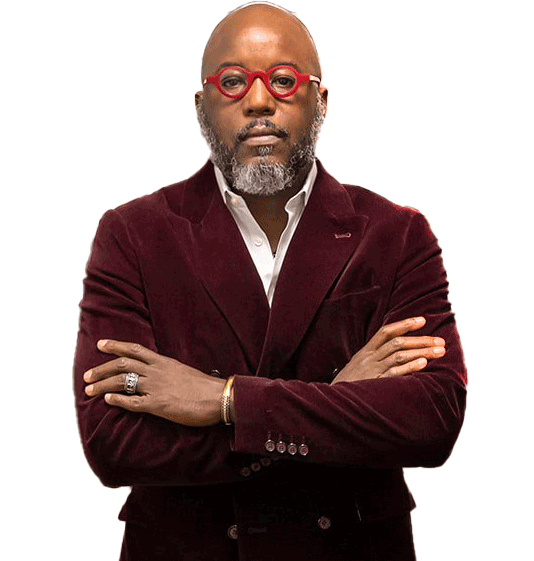People who see a crime in whole or in part play an invaluable role in helping to solve them. In some cases, detectives will personally canvas neighborhoods in search of people who may have seen a crime unfold. Indeed, eyewitness testimony can help catch criminals and get them off of the streets of New York. Sounds ideal, right?. But, there is a problem. Sometimes, eyewitnesses get it wrong. Very wrong. When they do, it could mean years in prison for people who are innocent.
Convicted of crimes they did not commit
When a crime is being investigated, witnesses are often urged to “come forward” with information. While their first-hand information is important, research has shown that choosing a suspect based on memory recollection and sight does not always lead to the correct outcome.
It may not be surprising that the majority of wrongful convictions and lengthy sentences are African American. Of the nearly 2000 cases that were overturned according to the The National Registry of Exonerations, Blacks made up nearly 47% of those exonerations.
The eyes don’t lie, so they say
Recalling the events of a crime relies on the ability to remember details and visuals. Yet, researchers learned that a witness’ recollection of events can change over time. It could be impacted by news of the event, fading details and a myriad of other factors that interfere with memory recollection.
Innocent people penalized for crimes they did not commit is a sign of an egregious failure in the criminal justice system. Stakeholders continue to study ways to improve the protocols in identifying criminals, but the point of perfection has not yet been reached.

